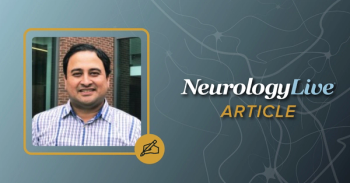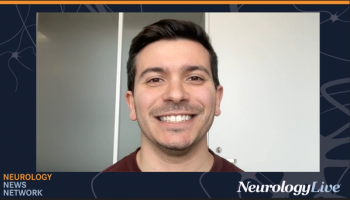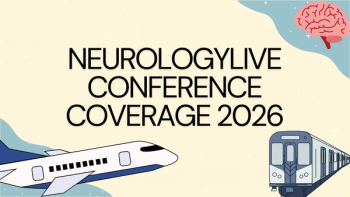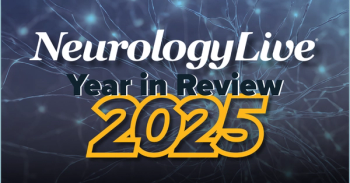
Acute and Preventative Migraine Treatment: Advice for Neurologists
Dr David Kudrow shares some advice for community neurologists on the acute and preventive treatment of migraine.
Episodes in this series

David Kudrow, MD: What advice would I have for community neurologists for acute and preventive treatment of migraine? It has become easier to treat patients who have migraine. We have a new class of medications that has a very favorable safety profile, a favorable tolerability profile, and a favorable efficacy profile. The biggest barrier to using these new therapeutics is who’s going to pay for them, like the insurance. For patients who don’t have insurance, these medications can be phenomenally expensive.
For patients who have insurance, fortunately, a lot of the companies that make these medications are offering them at deep discounts, at least for a year or perhaps a little longer. But not all patients are eligible for those discounts. They’re typically $0 or low co-pay amounts the patients have to pay. But ultimately, many insurance companies are going to ask physicians, “Have patients tried traditional oral preventive medications,” before putting them on the preventive anti-CGRP monoclonal antibodies or small-molecule antagonists. In many cases, physicians are going to have to step through those options before being able to use these medications.
My attitude is a little different. We’ve come a long way. Great scientific thinkers have introduced these therapies that are disease-specific, migraine-specific, effective, and better tolerated. Why would we need to jump through hoops and try things that are less effective, during which time patients continue to suffer from migraine attacks, disability, and affected quality of life? My hope is that these medications would be available in the future for patients who need them. I wouldn’t be afraid of using this class of medications, either monoclonal antibodies or small-molecule antagonists, because the adverse effect profile and tolerability profile have proven to be quite favorable.
Transcript edited for clarity.
Newsletter
Keep your finger on the pulse of neurology—subscribe to NeurologyLive for expert interviews, new data, and breakthrough treatment updates.










